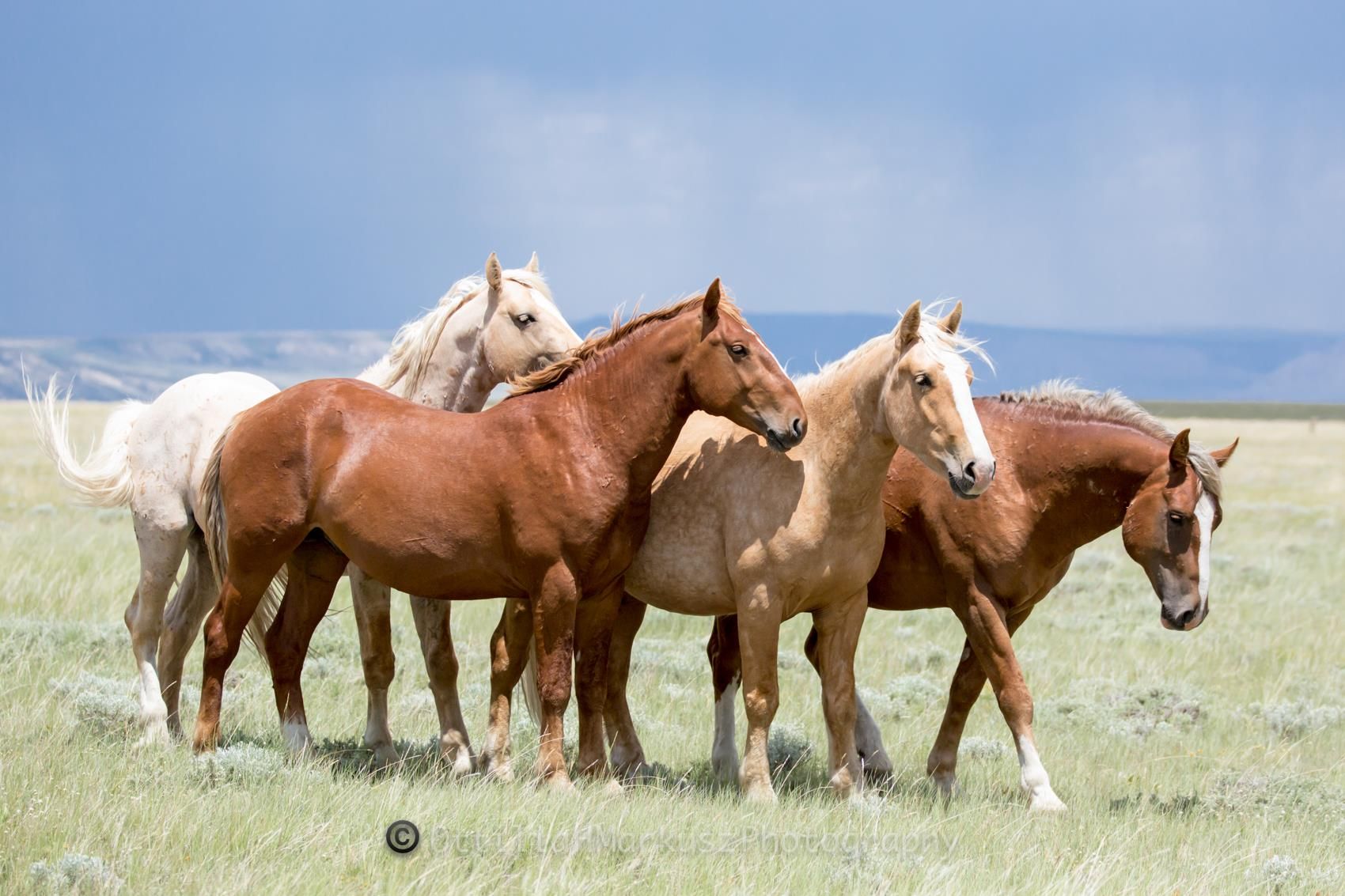Discerning buyers of horses often look beyond the domestic market to purchase the right horse. Whether they seek certain performance records or bloodlines, the ease of international transport has created a truly global market for elite horses.
The chance to buy from and sell to a wide market presents a worthwhile opportunity, but it does come with greater risks. It is important to take additional steps to protect yourself, if you intend to explore the prospect of trading with horses internationally. Circumstances which may be simple to resolve in a domestic transaction become much more complex, particularly when there are laws of multiple countries to consider.
We set out in this article, our top tips to help minimise the risk to you.
1. Conduct enhanced due diligence about the other party. It common for parties to use an agent to act on their behalf in negotiating a sale. This can assist in facilitating a smooth transaction, but it can also cause parties to be less clear about who they are dealing with. You should ask questions to understand exactly who the other party is. If it is a company, you should make enquiries about how long the company has been established, and what assets it has. If a problem arises after the sale, you will have significantly less options if the other party is a company or an individual with very little assets. Ensure that you have a valid postal address for service of any court papers and confirmation that the other party can be served with papers at that address.
2. Be clear about the transport risk. We are often contacted by buyers or sellers where unfortunate circumstances have arisen with a horse in transit or shortly thereafter. This may include shipping fever or an illness/injury caused by the stress of transport. The laws of different countries may provide different provisions about when the liability for risk to a horse will pass from buyer to seller. To have clarity about this, the parties should specifically agree in their sale contract at what point the risk of illness, injury or death should pass to the buyer (whether it is payment, collection or delivery).
3. Limit your liability as a seller. Different countries will imply different laws to each contract, and in particular, a contract involving a professional seller (such as a stud or a trainer). Some countries (including the UK) have strict laws to protect consumers. It is important to be aware of the liability which you could take on as a seller, and to ensure that your contract of sale lawfully limits what you do not wish to be held liable for, if a problem arises after the sale has been concluded. Horses often react negatively to a change in environment or routine, and this is a high risk time for a problem to occur.
4. Seek appropriate warranties as a buyer. Equally as a buyer, you should be transparent and frank about your requirements. If something is particularly important to you (for example, that the horse is fertile) you should obtain a specific warranty from the seller in your contract of sale about that. If the horse transpires to be not suitable for you after you have purchased it, it will likely be much harder to seek redress if you don’t have that warranty.
5. Avoid the risk of litigation in an unknown legal system. Bringing or defending a claim in a foreign legal system can be extremely difficult. There are likely to be language barriers, the need deal with lawyers in that country and possibly to travel to attend court. You can protect yourself from this by agreeing with the other party which country any dispute will be heard in, and which laws will apply to the transaction. It would be preferrable to agree that the laws of your own country will apply, and your own courts would have jurisdiction to resolve any claims. However, the parties often agree a “neutral” forum which is neither of their home courts, but which is a court system which can be reasonably be expected to deliver an efficient result. English courts are often used as an agreeable forum in international transactions, due to the English language being spoken widely and because of the perception that the English Courts are fair and reasonable.
Hannah Bradley is a lawyer at The Equine Law Firm, a law firm based in the UK, assisting horse owners internationally to navigate complex transactions and problems which may arise from them.
https://www.theequinelawfirm.co.uk/international-expertise-in-equine-transactions/

